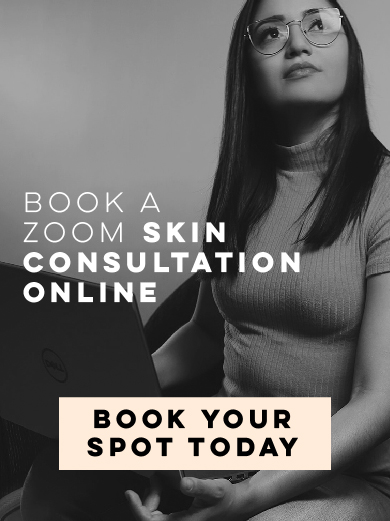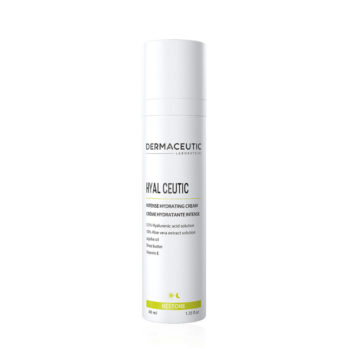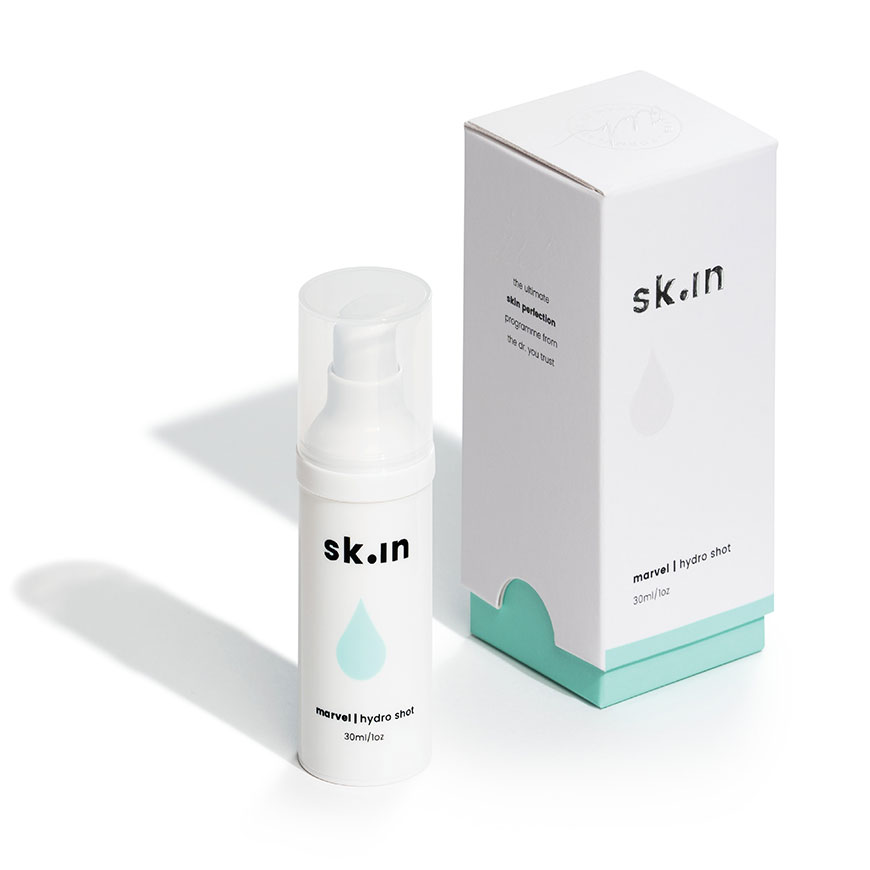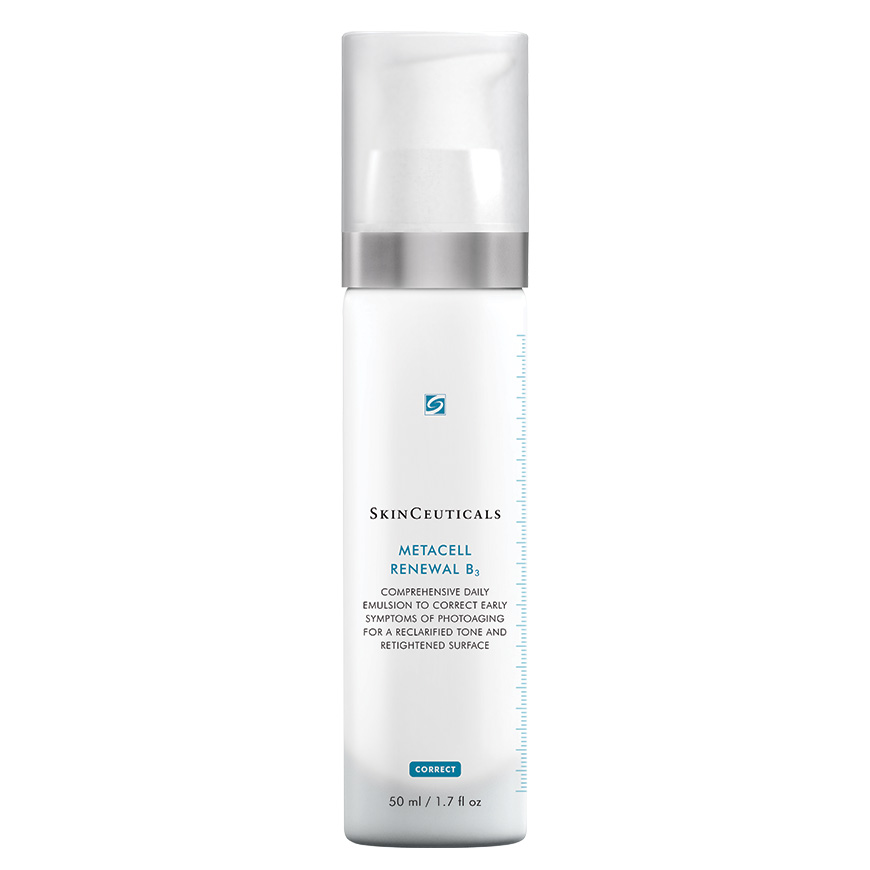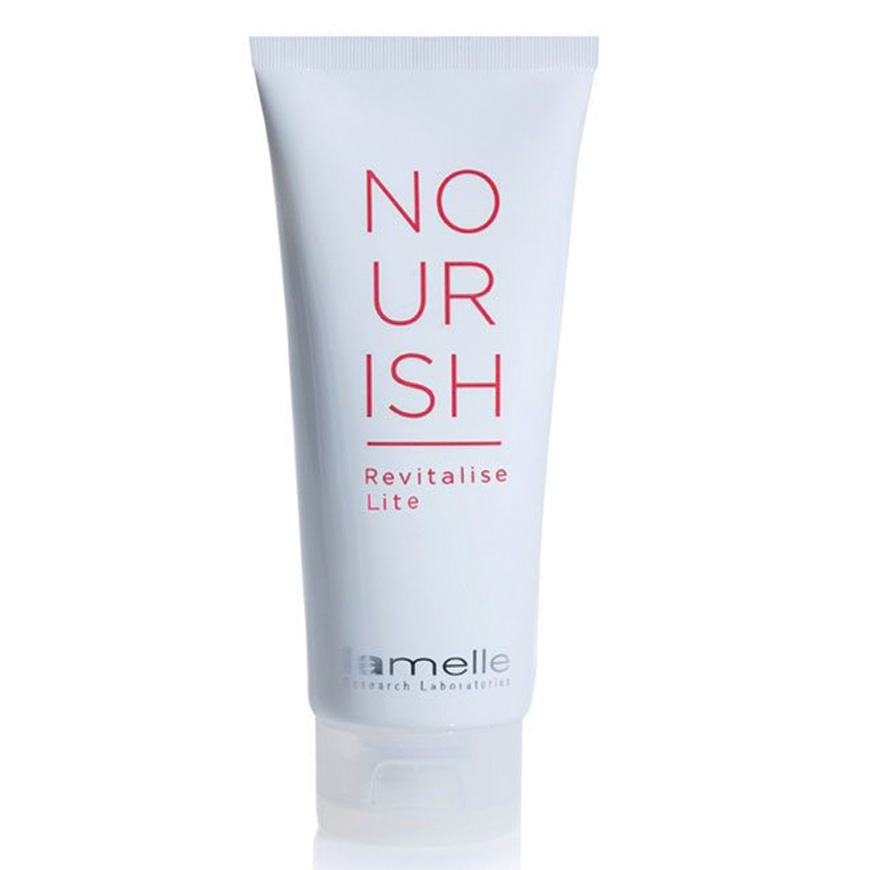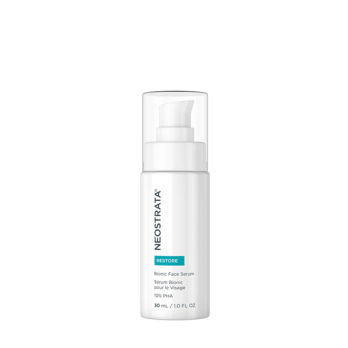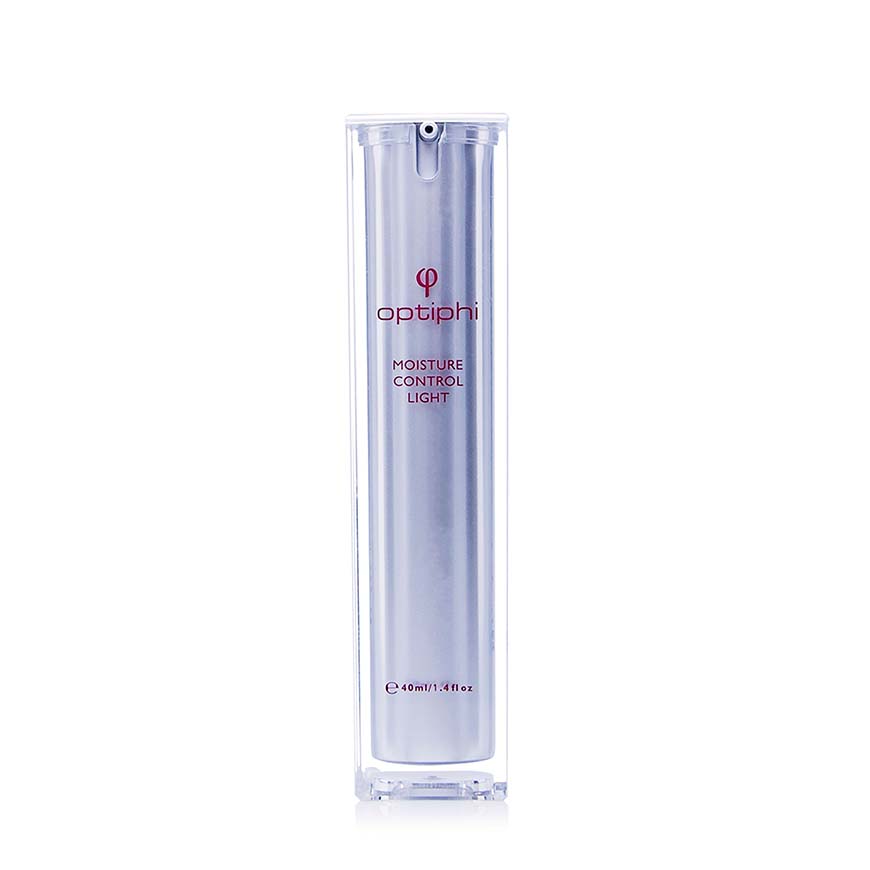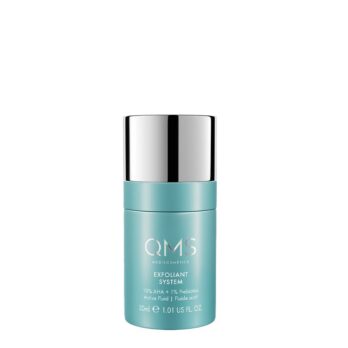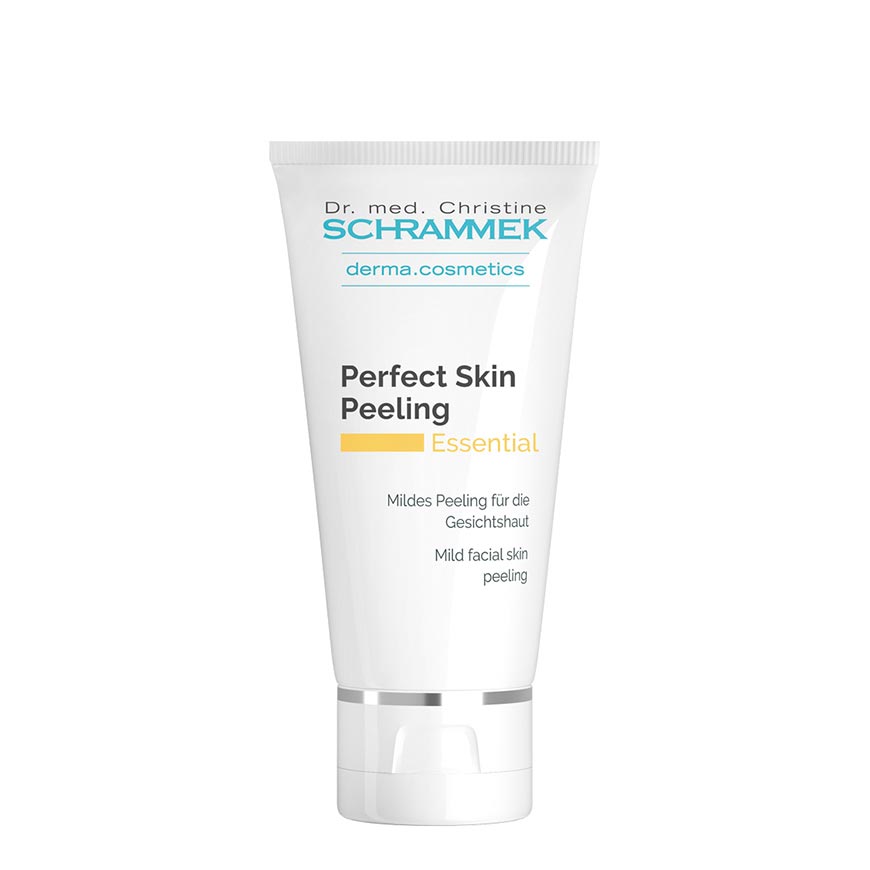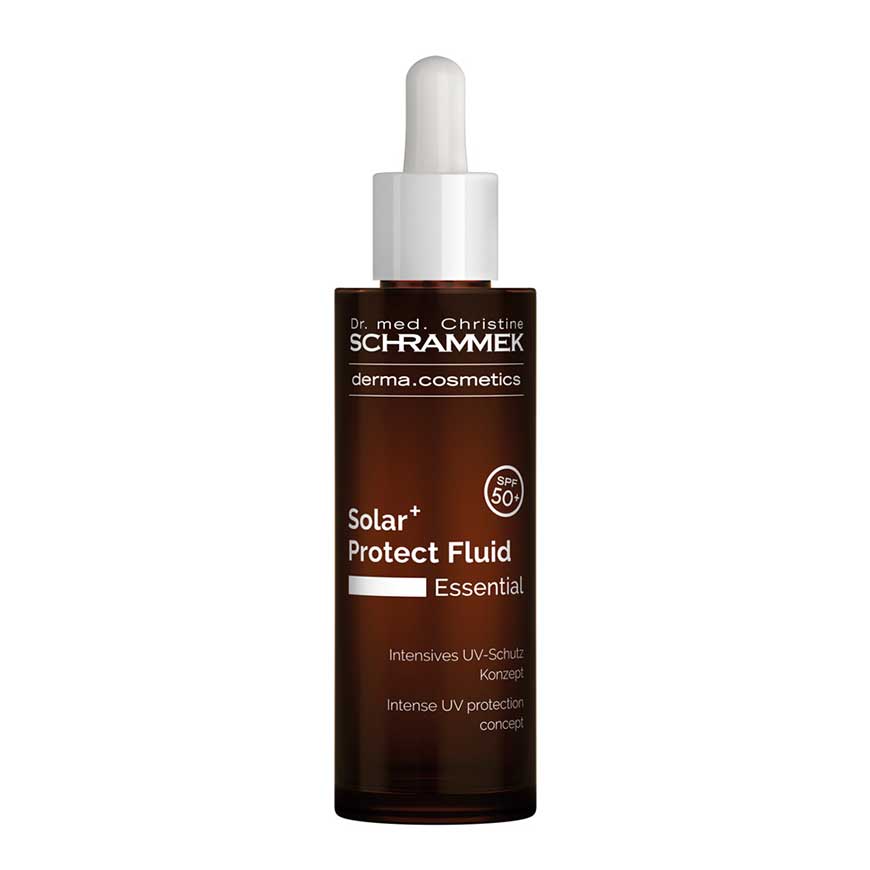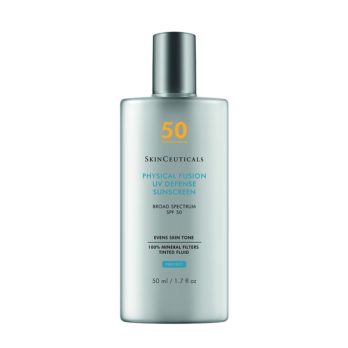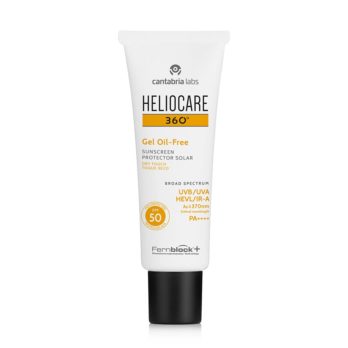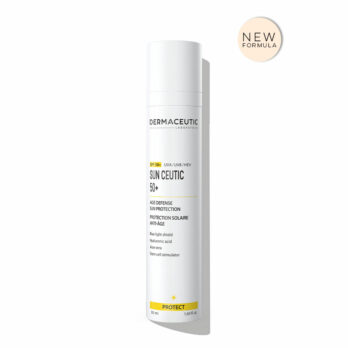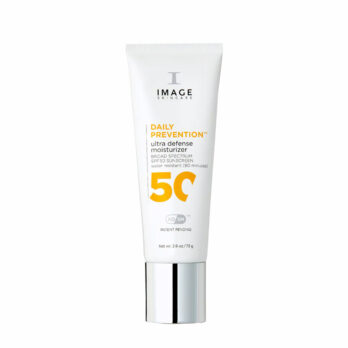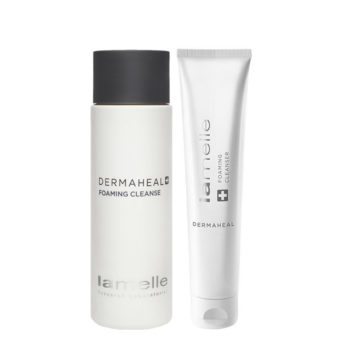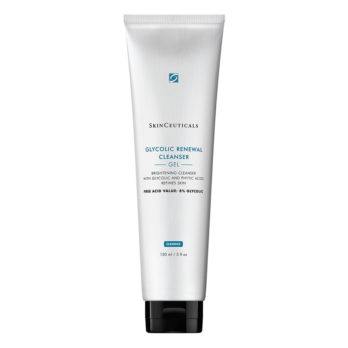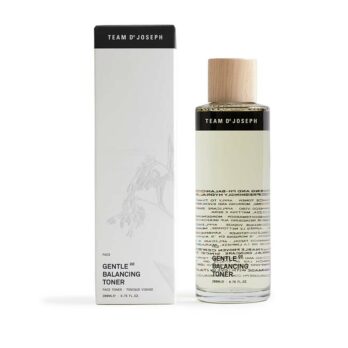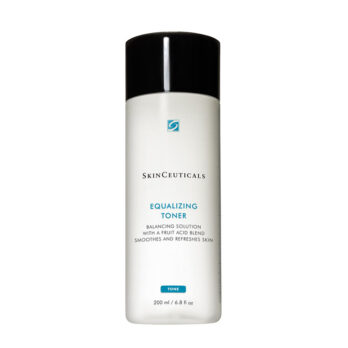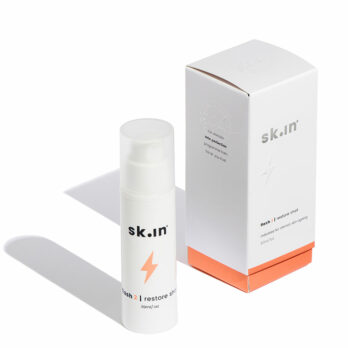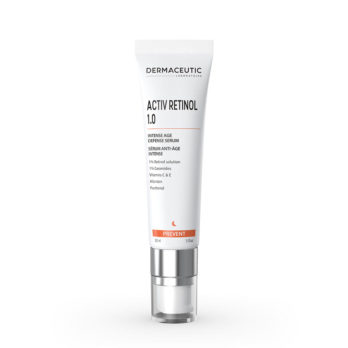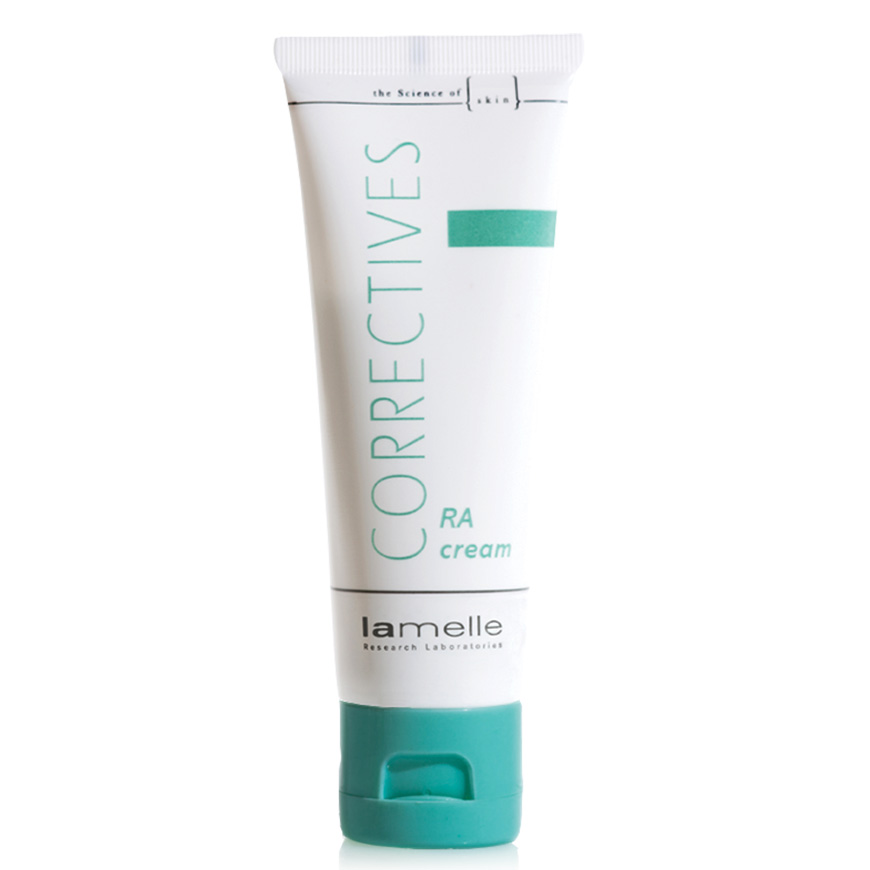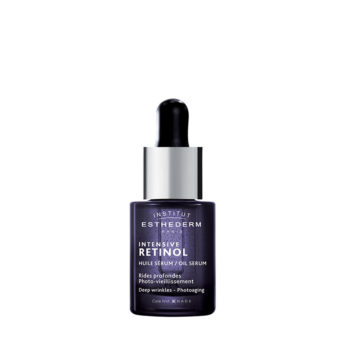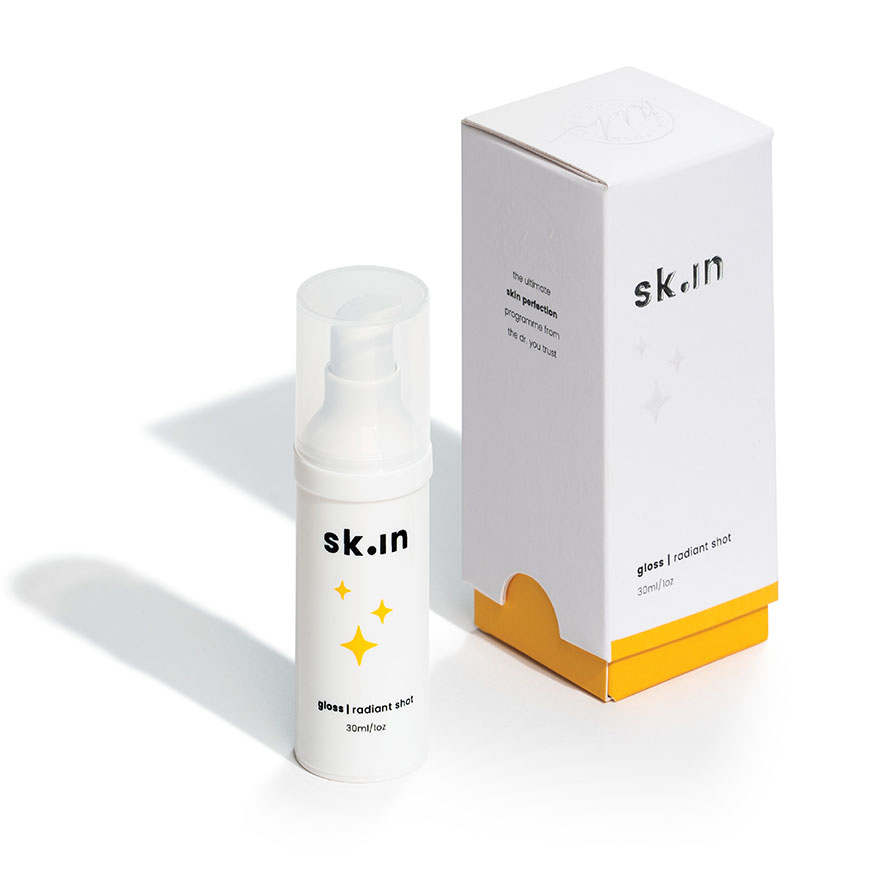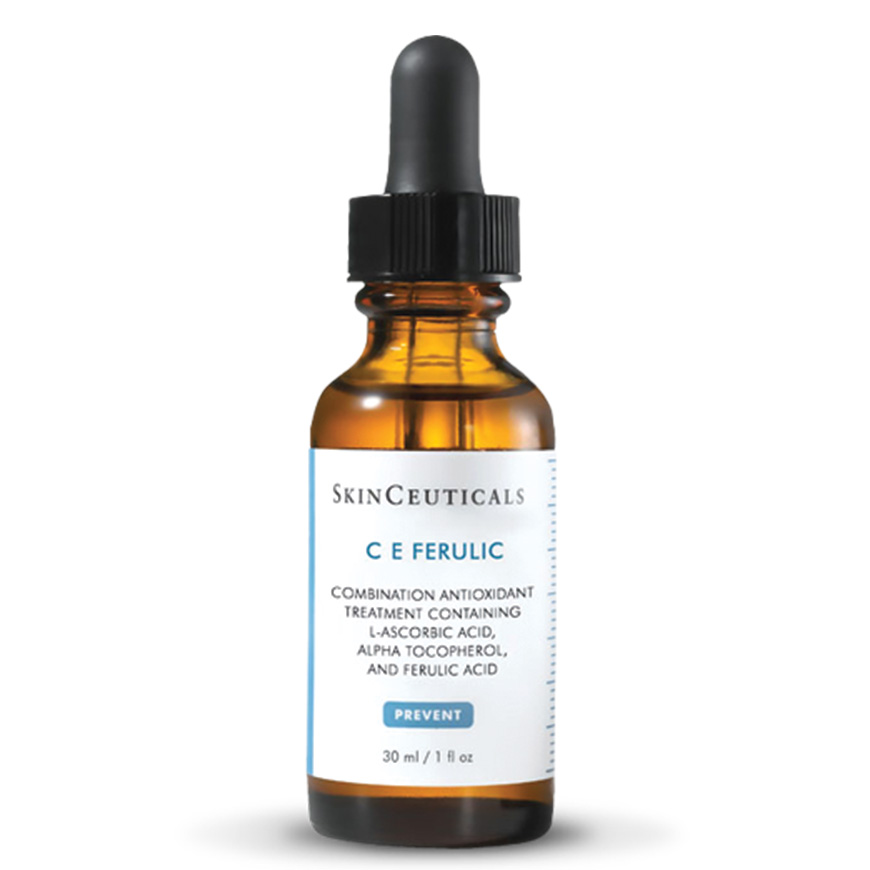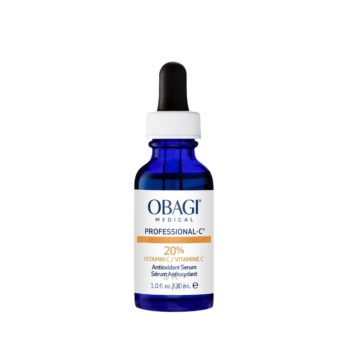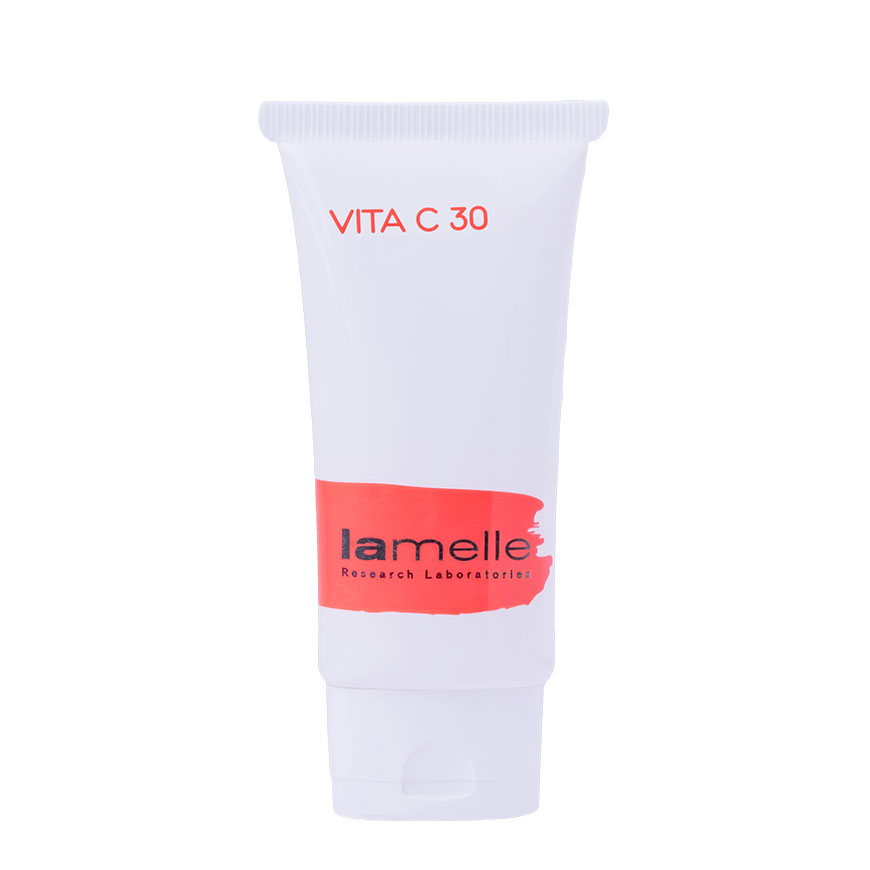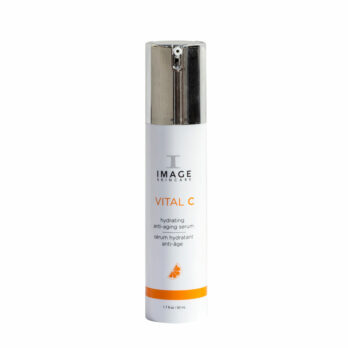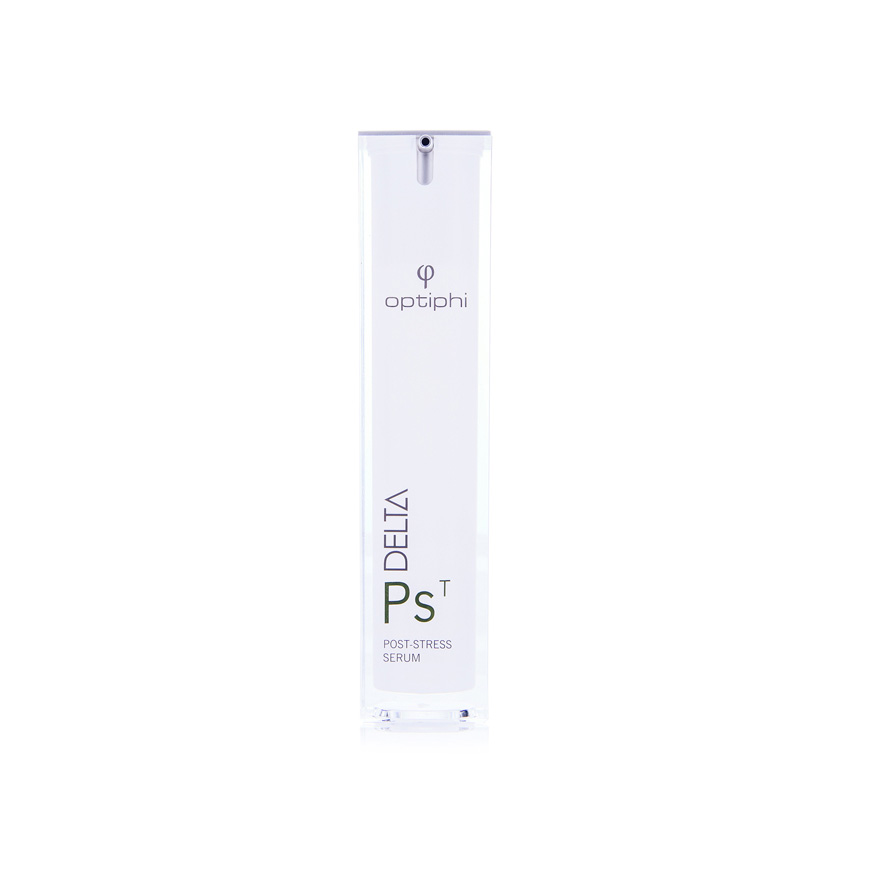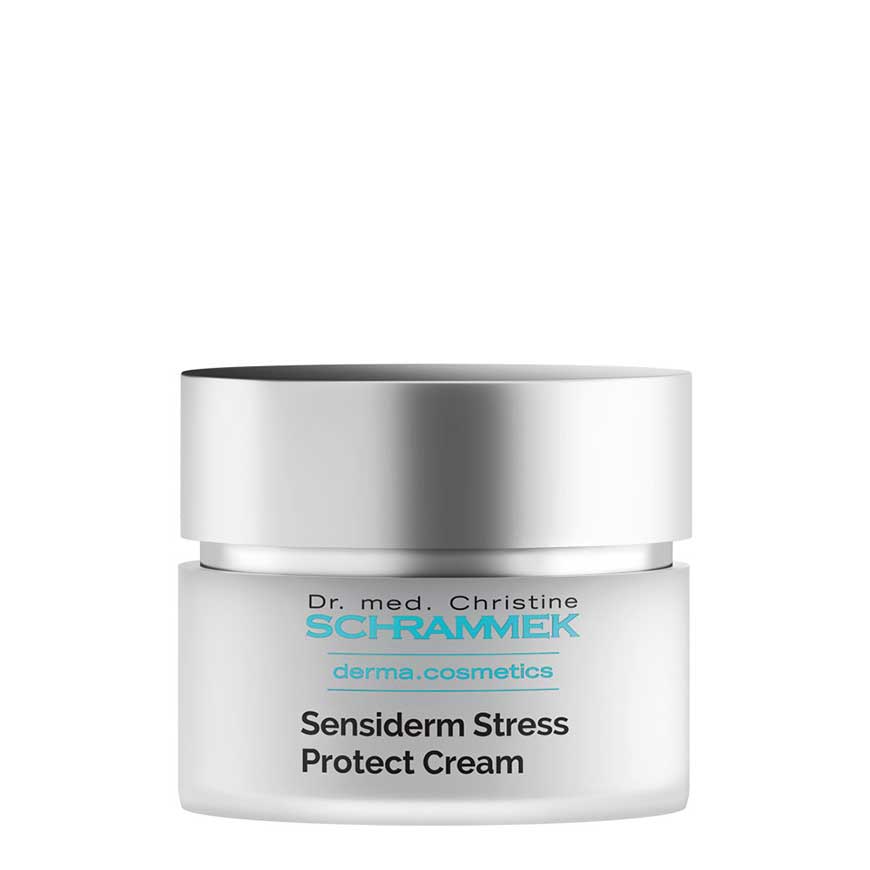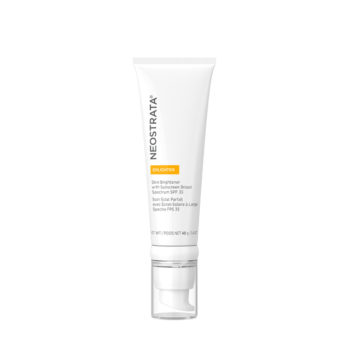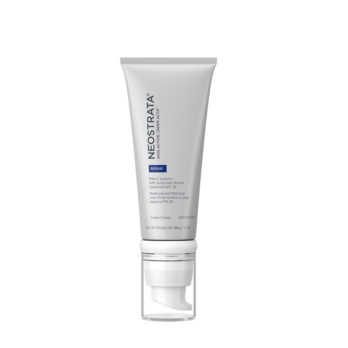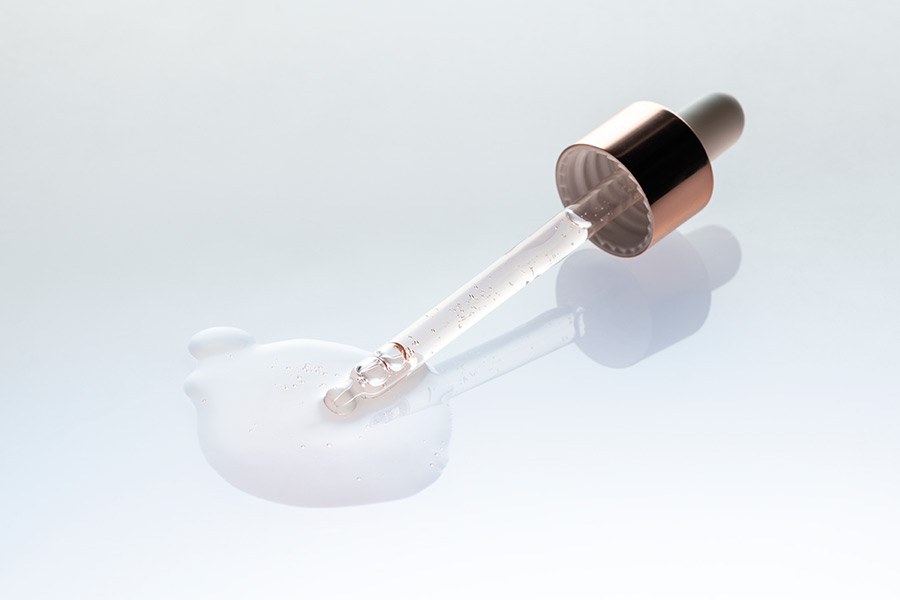Summer means happy times and good sunshine! It can also mean summer skin problems: dark spots, acne, sunburn… the list goes on. You’ve got questions? Dr Alek has answers. Keep reading to figure out how to avoid all these problems and make the most out of your summer holiday. A clearer complexion awaits…
What’s the deal with dry skin in the summer?
Unfortunately, summer can have a drying effect on your skin. And it’s not just the sun that’s to blame. Chemicals found in swimming pools can also strip your skin of sebum (aka your skin’s protective barrier). The same can be said for air conditioners because they work by removing moisture from the air around you. If your skin isn’t producing enough natural oils, it can lead to patches of skin that are red, itchy, flaky, and sensitive. We don’t have to tell you that’s not a vibe. Luckily, there are a few preventative measures you can take. After you swim, rinse your whole body with fresh water and then moisturise immediately afterwards. An insider tip is to try switching to a lightweight moisturiser to keep your skin hydrated in summer without overloading it.
Here are some of our favourite moisturisers to consider using this season:
Should I exfoliate in the summer?
The short answer is yes. Exfoliating regularly prevents acne by opening pores and removing dead skin cells, product build-up, and excess oils. Overdoing exfoliation, however, can leave your skin irritated. We suggest incorporating a gentle exfoliator into your skincare routine once a week during the warmer months. Our preferred exfoliators are products that use gentle acids to help slough away pore cloggers like glycolic, citric, salicylic and lactic acid. And remember, to self-tan at home, exfoliate your body from head to toe!
Here are some of our favourite exfoliators and self-tanners to consider using this season:
What’s the right level of SPF to use?
SPF (Sun Protection Factor) ratings are misleading. SPF is a rough guide to how well a sunscreen will protect your skin from harmful UVB rays. We say “rough” because it really depends on a number of factors—namely, skin type, amount applied, and intensity of sunlight.
Here’s how to calculate it:
- How long does it take for your skin (unprotected) to start burning?
- Multiply that number (in minutes) by the SPF rating given to the product you’re using.
- E.g. If you usually burn after 5 minutes of unprotected sun exposure and you’re wearing SPF 15, then you’ll get 75 minutes of protection.
Besides SPF, we’re big believers in using sun creams that contain zinc oxide and/or titanium dioxide. Why? Because these minerals protect your skin by reflecting all harmful UVA and UVB wavelengths. There’s nothing wrong with chemical absorbers, as long as they’re not in place of mineral blockers. And lastly, if a sunscreen passes the FDA’s Broad-Spectrum test, it will protect your skin from both UVB and UVA rays, both equally important. So always look out for sun care products with Broad Spectrum on the label!
Here are some of our favourite sunscreens to consider using this season:
How much sunscreen should I use?
One teaspoon of product for each part of your body should do the trick. Make sure you get full coverage by applying sunscreen on your neck and chest—they’re delicate so it’s important to take extra precautions. The same goes for your hands, ears, and eyelids. Remember that when it comes to sunscreen, once is never enough. At the very least, you should be reapplying every 2 hours, or more often after swimming, exercising, or sweating. We also suggest avoiding the sun completely during peak UV index hours (from 11am to 3pm) if you want to be extra careful.
Does sunscreen go on before or after moisturiser?
Your ideal summer skincare routine should look something like this in the morning:
- Gentle foaming cleanser
- Balancing toner
- Vitamin C serum
- Lightweight moisturiser
- SPF 30 or higher
- Non-comedogenic makeup
Here are some of our favourite cleansers, toners, and makeup products to consider using this season:
What about using retinol during the summer season?
Many people think that it isn’t safe to use retinol in summer. The truth of it is that your skin will be more sensitive to sunlight if you’ve just started using retinol. As long as you’re diligent about using sunscreen and limiting your exposure to UV, then using retinol in the evening can help with pretty much every summer skin problem—from uneven skin tone to clogged pores. In fact, oily skin tolerates retinol the best. So, if you suffer from excess oil in summer, it’s actually a great time to take the leap and finally introduce retinol into your skincare routine.
Here are some of our favourite retinol creams and serums to consider using this season:
How do I treat (and prevent) hyperpigmentation?
The sun is one of the most common causes for hyperpigmentation. This is because the root cause of discolouration is increased melanin production. When your skin is in danger or feels threatened, it responds by producing an excess of melanin. So here’s the math: heat exposure → increased melanin production → hyperpigmentation. If your skin is especially susceptible to dark spots, then we can’t wait for you to meet your new go-to ingredient: vitamin C. Serums containing vitamin C target and lighten hyperpigmentation, including acne scars, sunspots, and melasma. Brightening serums also fight pollution and dehydration and help with collagen production—hello perfect summer skin!
Here are some of our favourite vitamin C products to consider using this season:
I got burned. How do I get rid of it?
Rule number 1 is to cover up and stay out of the sun. Done? OK, good. Now we can jump into rule number 2, which is to be extra diligent about drinking water. To prevent peeling, use (unscented) lotion or cream for at least a few weeks. We recommend aloe vera for its cooling and anti-inflammatory properties. Stay away from creams that contain petroleum, benzocaine, or lidocaine as these can actually trap heat in the skin. The secret is to leave a little water on your skin before applying moisturiser.
Here are some of our favourite after-sun products to consider using this season:
Are moisturisers and foundations with SPF effective?
The gist of it is that SPF is its own layer in your skincare routine and mixing it with other ingredients may dilute the formula. While applying a moisturiser or foundation with SPF is better than applying no protection at all, we recommend using a separate sunscreen. However, there are some effective moisturisers with SPF:

